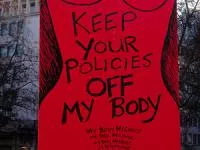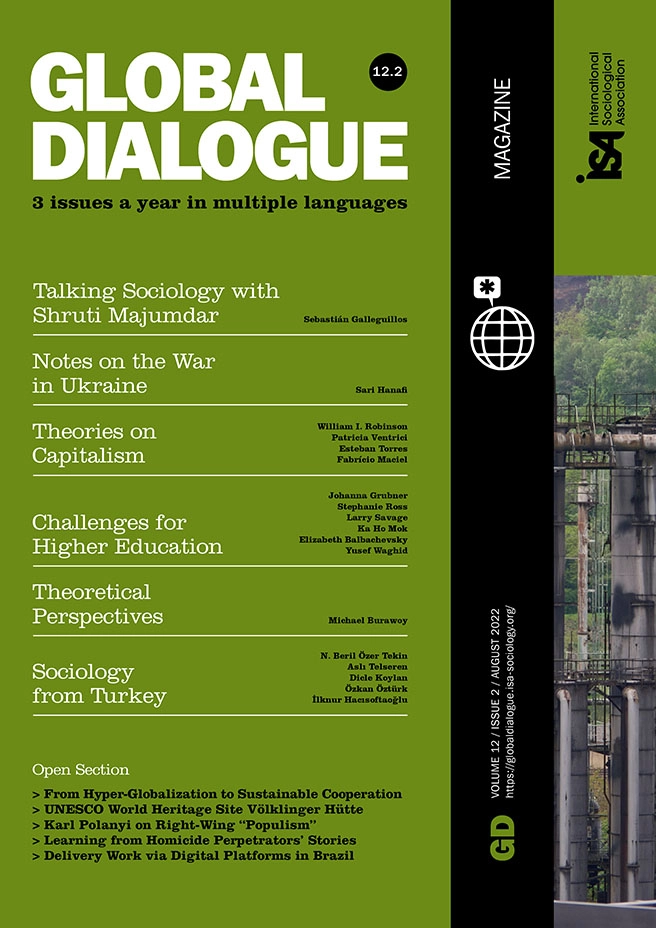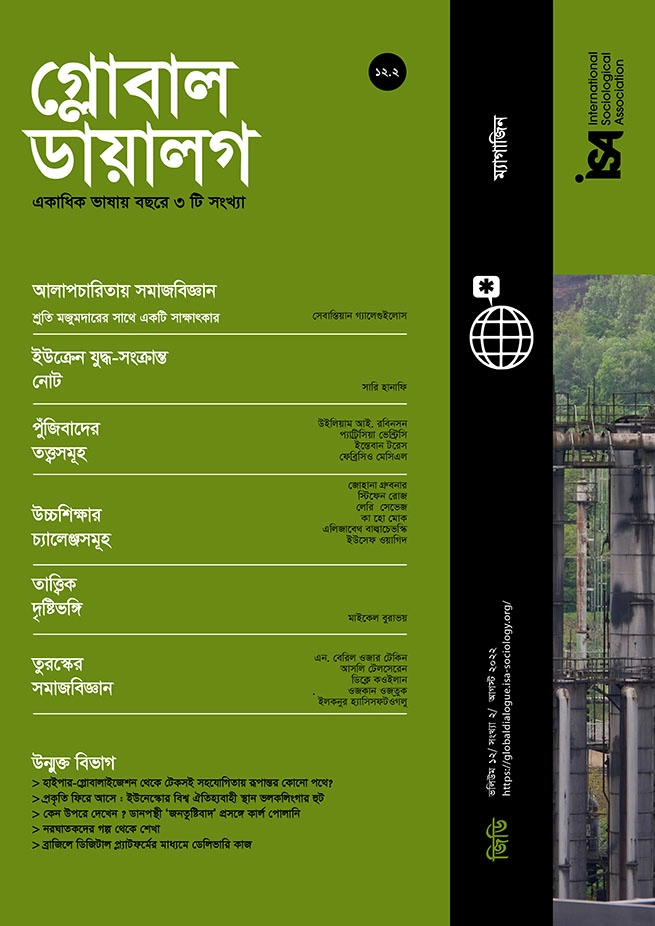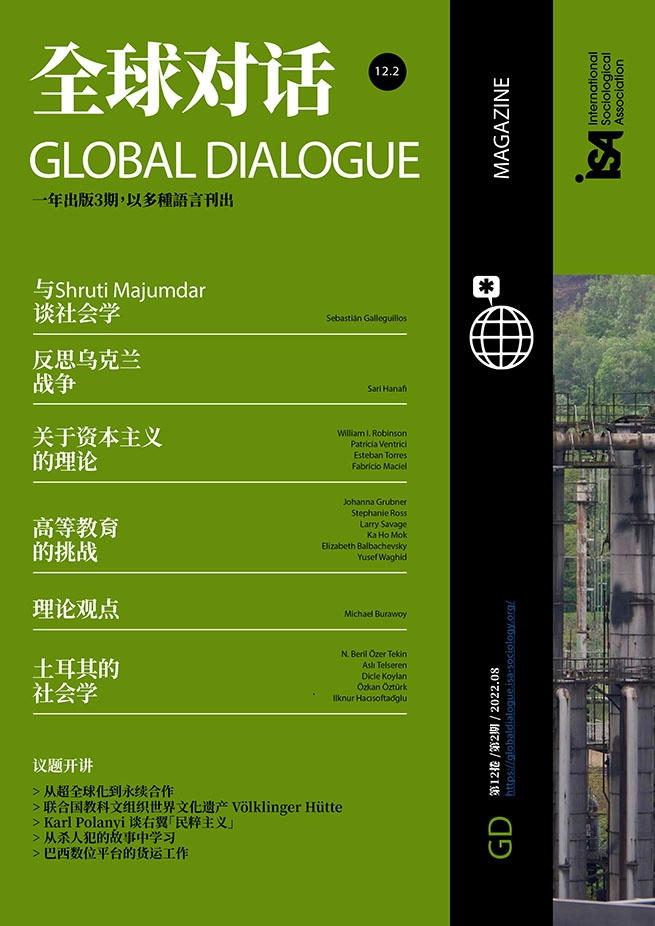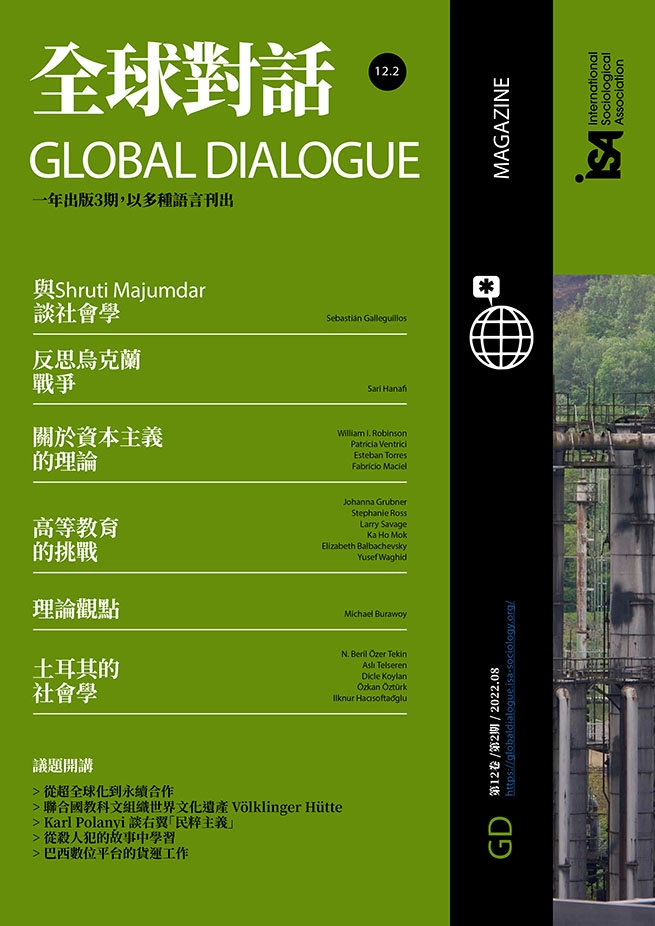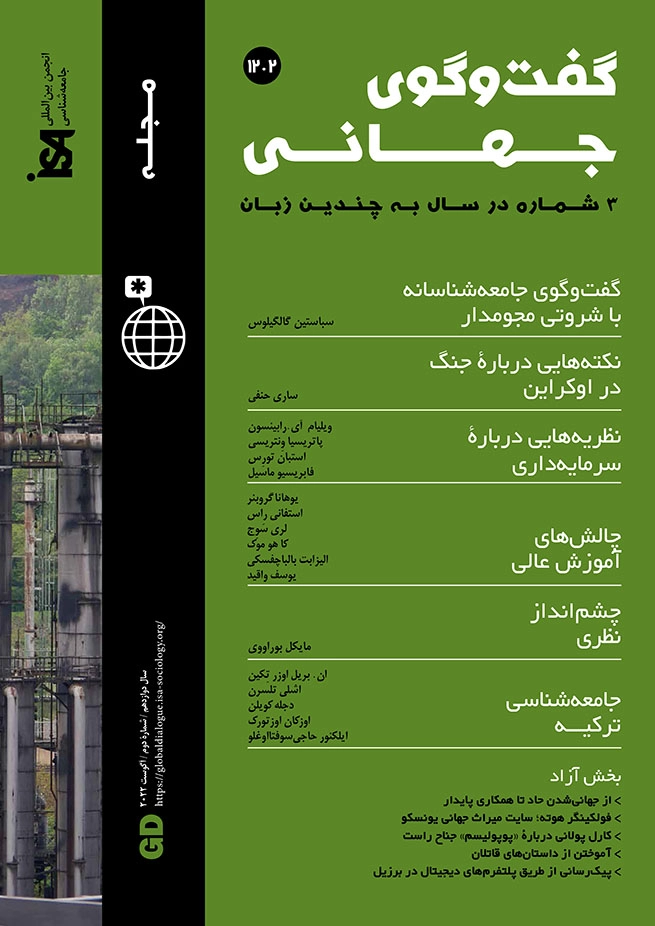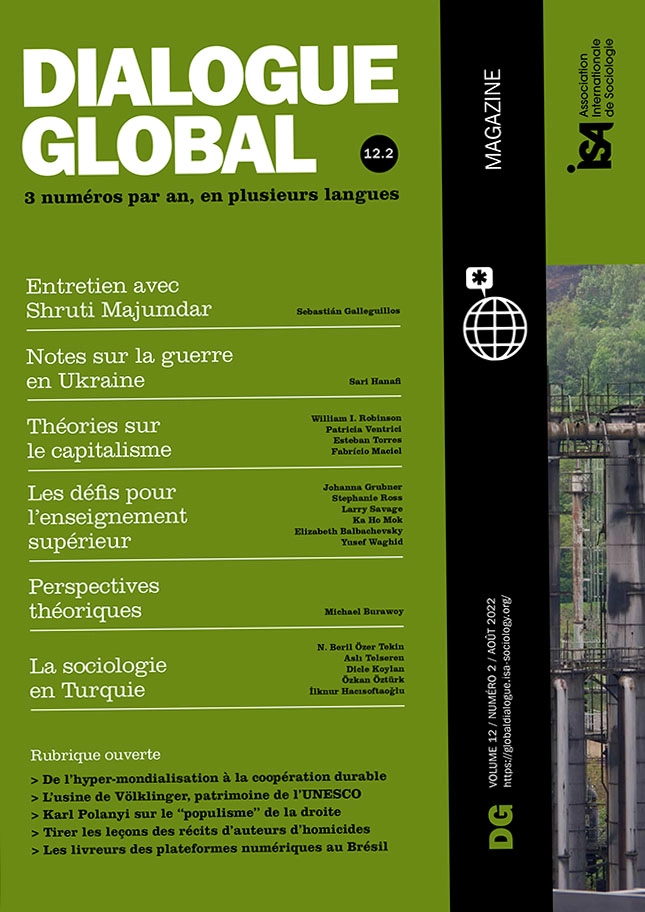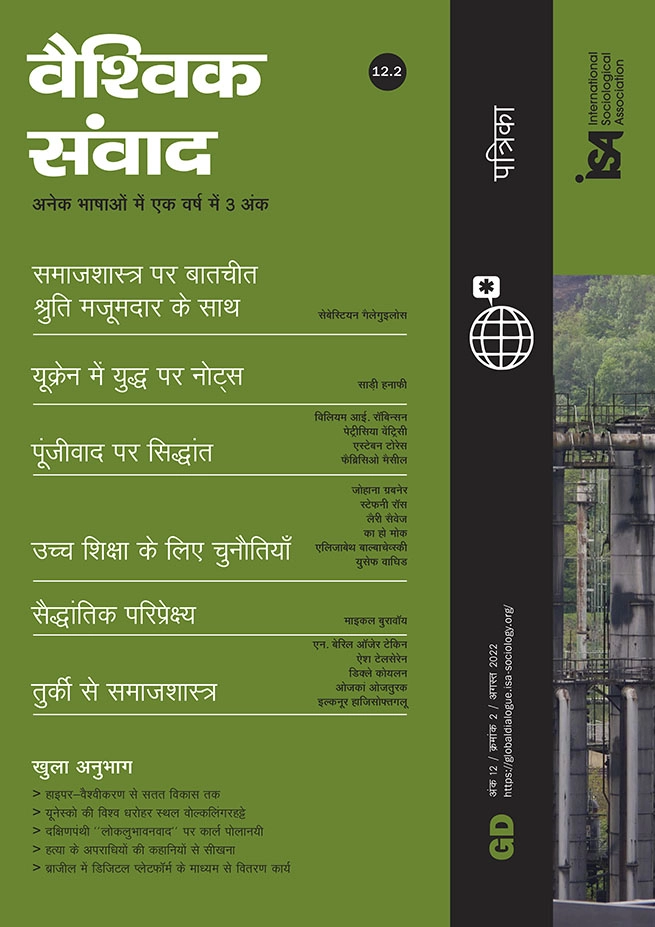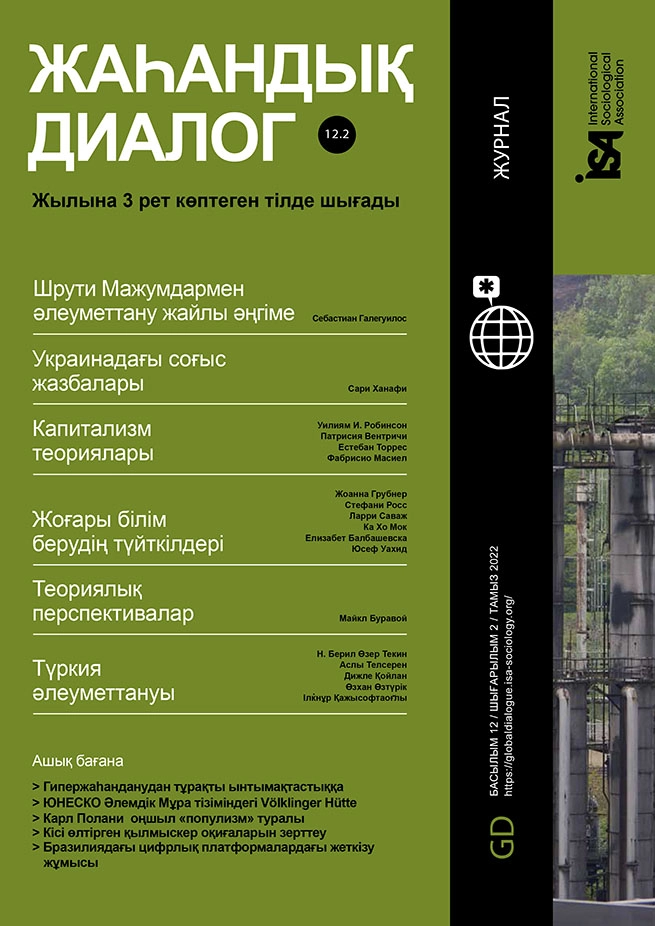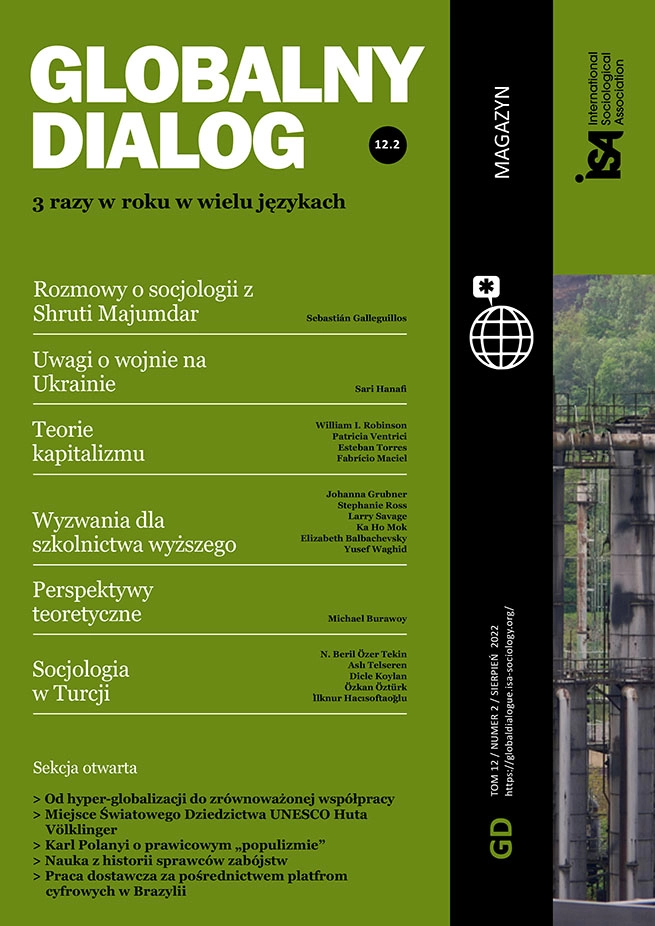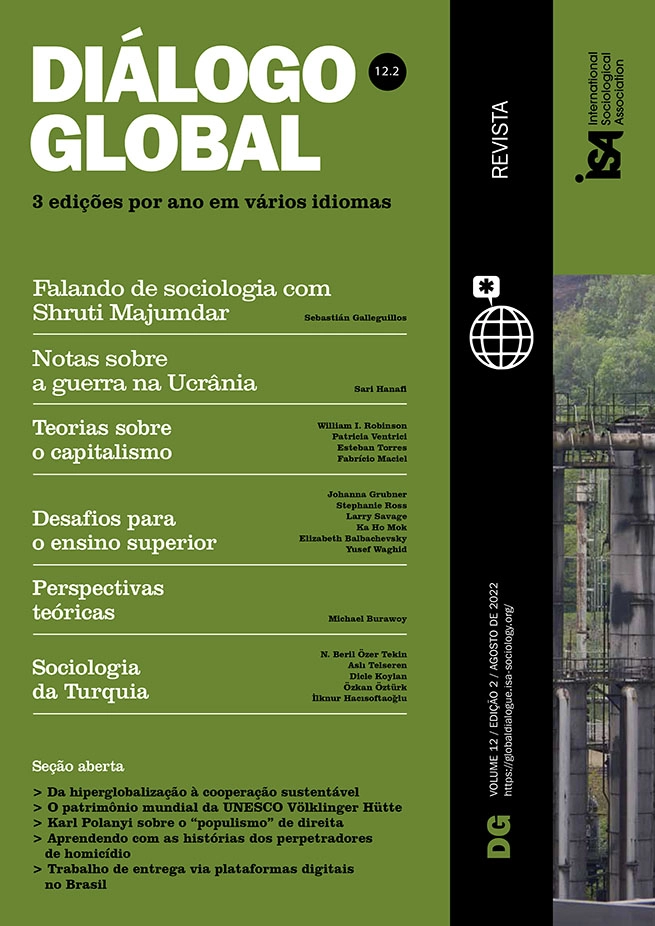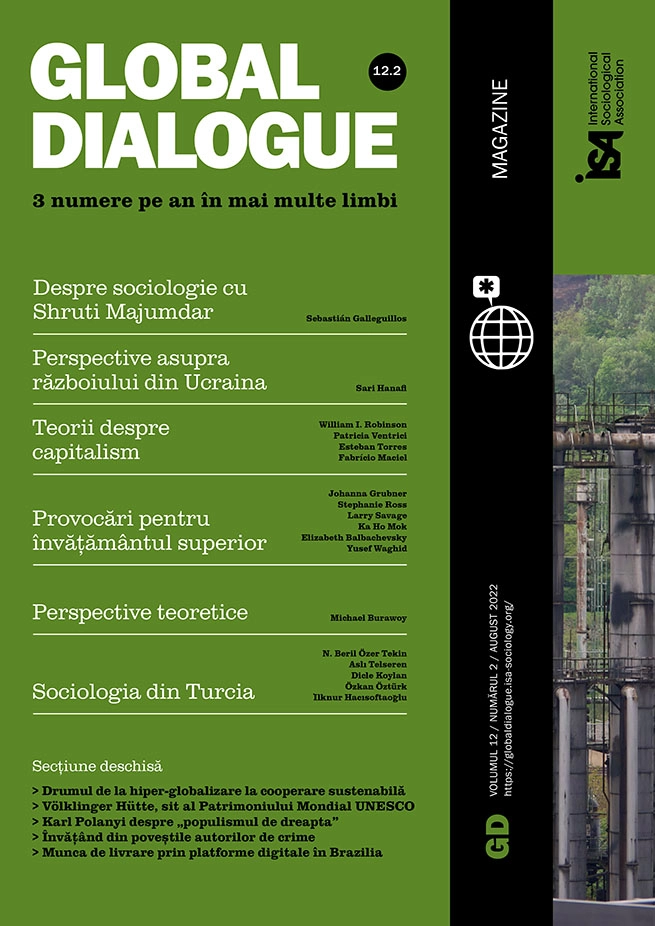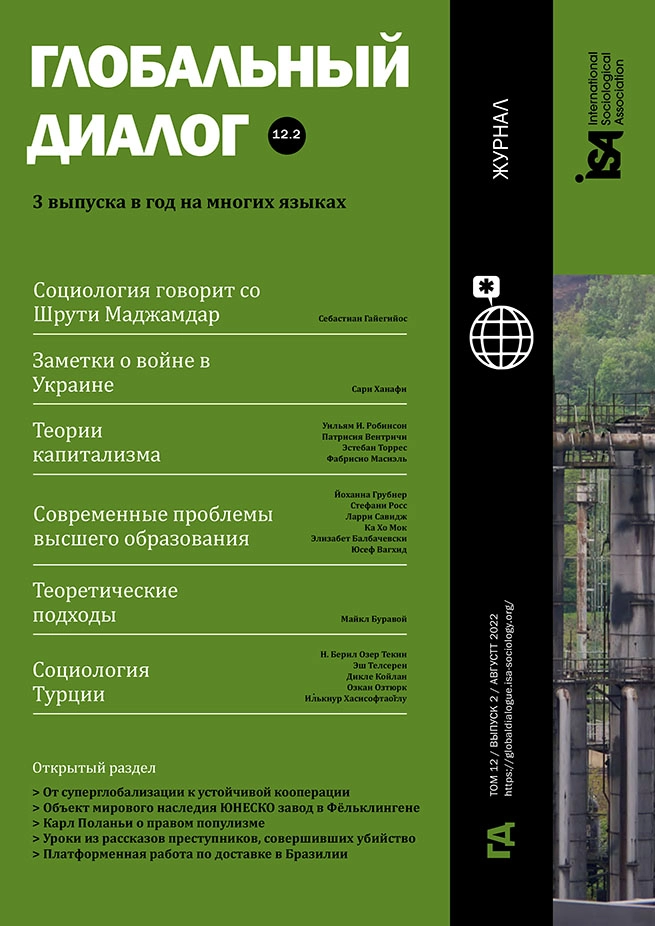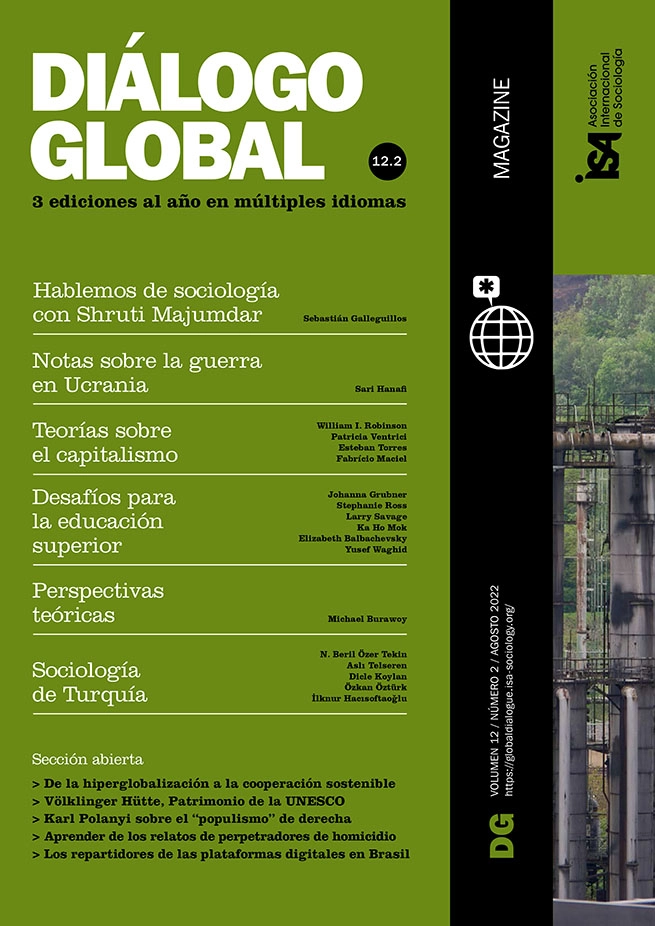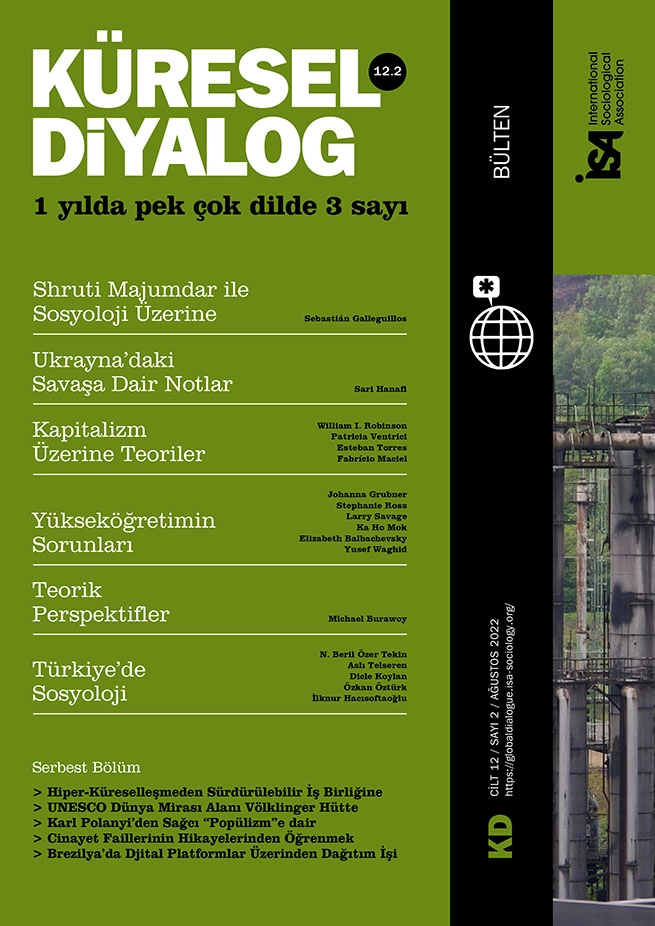The COVID-19 pandemic has transformed societies, institutions, and everyday life in a sudden and very rapid manner. One after another, restrictions on social life by governments around the world have made the concepts of social distance and social isolation a part of everyday life. Life has been rearranged in all areas where we come together socially, from doing business to leisure activities, and this has entailed a change in routines, lifestyles, and consumption habits.
This sudden shift has been witnessed especially among middle-class white-collar workers who, prior to the pandemic, routinely commuted to work, struggled with traffic jams, held face-to-face meetings, worked for set hours in an office, and regularly entered public spaces. Undoubtedly, the COVID-19 pandemic has affected all segments of society and their daily lives, but the change is much more evident in the lives of white-collar workers who have switched to working at home. Of course, this transformation of work, made possible by the digitalization efforts of large firms and organizations, was perceived as a luxury during the pandemic. It is an option that middle- and upper-class white collars have had while lower classes have not.
Blue-collar workers and healthcare personnel have been the most vulnerable groups in Turkish society during the COVID-19 pandemic. Many of them are low-skilled workers with low-paid jobs and poor working conditions, such as delivery drivers, meat industry workers, supermarket cashiers, and construction workers, with a high risk of catching infection. Their working conditions are generally not suitable for digitalization, working from home, or being flexible; therefore the COVID-19 pandemic did not change their working life that much. On the other hand, their social routines, lifestyles, and consumption habits, including human interactions like gathering in a café or participating in a crowded wedding, have been of course affected by the pandemic. We should not forget that the main focus of a capitalist society is on the sustainability of work, so the working life of the lower classes has continued, as much as possible, as before.
The impact on white-collar workers
As opposed to the upper class and wealthy elite who have survived the pandemic in their habitual luxury, the lower and middle classes have almost solely witnessed its negative impact. My emphasis is more particularly on the middle class, especially its white-collar workers; they were not unemployed during the pandemic but nevertheless suffered as much as others. But their sufferings are not recognized, and even ignored. They have been witnessing difficulties while their jobs have been digitalized. Changes in their working conditions and the qualifications required to work in these conditions have affected their whole life.
White-collar jobs generally necessitate going to an office and participating in face-to-face meetings, actions requiring human interaction. However, the pandemic shifted these requirements in a very rapid way. Actions requiring human (face-to-face) interaction in all areas of life, including working life, were prohibited or limited. Therefore, white-collar workers who were suddenly confined to their homes and trying to adapt to working from home, have had to build a new daily life, resulting in a change of consumption habits on a massive scale.
It is not surprising that in the context of the social isolation brought by the pandemic, people have remained largely confined to their homes and have tended to consume less. Confinement, restrictions, and lockdowns decrease one’s visibility in the public sphere. People rarely go out for a meal or gathering, or participate in a wedding, see a friend, or shop in a big shopping mall. This has meant that luxury and conspicuous consumption (spending money on and acquiring luxury goods and services specifically as a public display of economic power) has decreased. People usually don’t buy expensive clothes, high-heel shoes, a luxurious perfume or cosmetics unless they go out. If they are not seen by others in a public sphere, such as a shopping street or an office in a plaza, they tend not to indulge in conspicuous consumption. If there is no opportunity for public display, there won’t be any conspicuous consumption.
Another finding regarding the transformation of everyday life and consumption habits has to do with the distinction between the workplace and home. With the pandemic, the workplace has become a room in the house. Work time and leisure time are also getting closer together than ever before – the boundaries between office place and office hours, and home and leisure times are blurred. Home has become an epicenter that encompasses a complete life. As a result of the increasing intermingling of work and home life, there has been a deterioration in the family relations of middle-class white-collar workers. Shifting from working in an office to working at home has meant that the individual has to be ready to work at any time. White-collar workers stated that since the pandemic, their superiors and managers send them e-mails even at night, expecting an immediate response. Managers’ expectations have changed – they want all white-collar workers to be ready at any time for any task, such as meetings, making marketing plans, writing e-mails, preparing reports, etc. These ambiguous working hours end up leading to problems in private life. Workers cannot make plans with their family or friends, or even planning to watch a live broadcast. This has led to lack of motivation and increasing rates of stress and depression.
In sum, the COVID-19 pandemic has directly affected and transformed the everyday life and consumption habits of middle-class white-collar workers in Istanbul.
Dicle Koylan, Doğuş University, Turkey <dkoylan@dogus.edu.tr>


